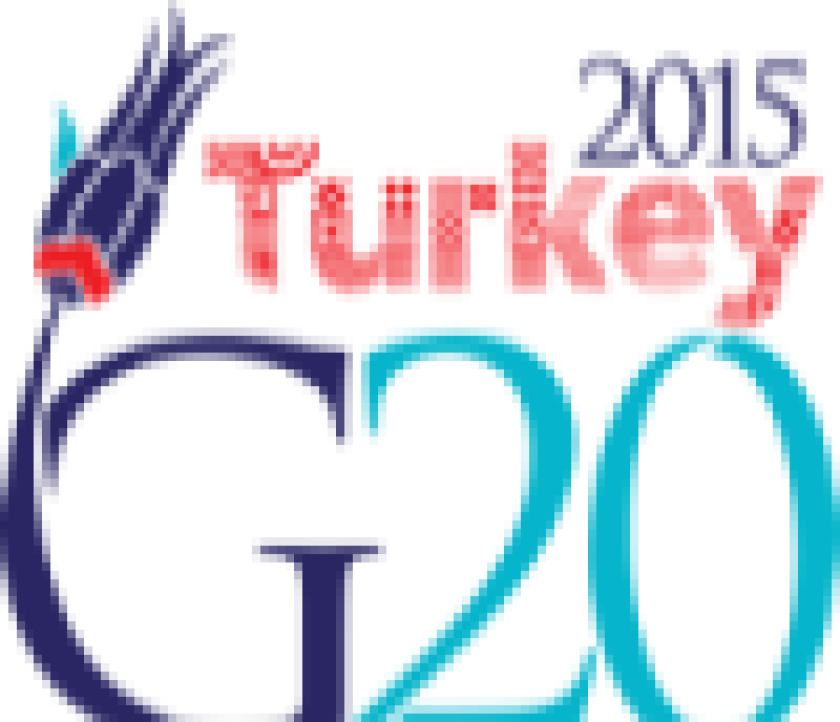The guidance was also outlined in a webcast on February 12 by senior members of the OECD’s Centre for Tax Policy and Administration (CTPA), who also discussed progress in specific areas of the work:
Country-by-country reporting (CbCR) and transfer pricing documentation;
Harmful tax practices;
The mandate for multilateral instrument;
The involvement of developing countries;
Recent discussion drafts: revisions to chapter 1 of the OECD transfer pricing guidelines, including risk, recharacterisation and special measures;
International VAT / GST guidelines; and
Dispute resolution (Read our story here for Pascal Saint-Amans’s comments on arbitration).
Harmful tax practices
Achim Pross, head of international cooperation and tax administration at the CTPA, referred to a revamp of the work of the Forum on Harmful Tax Practices (FHTP) which covers two main areas: a requirement for substantial activity for preferential regimes and transparency and compulsory exchange of information on rulings for these regimes. This work is covered under Action 5 of the BEPS Action Plan. Forum members have agreed on the modified nexus approach on patent boxes, the basis of which is a link between the qualifying expenditures incurred by the taxpayer and the income receiving the benefits.
The work over the next six months on how to implement this approach will cover how to track and trace expenditures, additional safeguards re transitional provisions and further guidance on the definition of a qualifying asset.
Transfer pricing
Marlies de Ruiter, head of the CTPA’s tax treaty, transfer pricing and financial transactions division, said an implementation package on the use of government-to-government mechanisms for the automatic exchange of CBC reports is due to be agreed by April 2015.
Raffaele Russo, head of the BEPS Project at the CTPA, explained that a new multilateral instrument, which is due to be negotiated by December 2016, would be limited to updating existing treaties in order to implement BEPS measures, such as provisions on hybrid entities and treaty abuse, artificial avoidance of permanent establishment, and dispute resolution.
Indirect taxes
And Piet Battiau, head of the consumption taxes unit at the CTPA, highlighted the key points from the discussion draft relating to the international VAT / GST guidelines on business-to-consumer supplies of services and intangibles. The draft came out on December 18, with a closing date for comments of next Friday (February 20). It will be the subject of a public consultation on February 25. The draft covers the usual residence of the customer; registration for and remittance of VAT; a simplified registration and compliance regime; and international administrative cooperation.
The method to ensure more developing countries can participate in the BEPS project will take the form of direct involvement in the work of the Committee of Fiscal Affairs (CFA), which sets the CTPA’s agenda, and its subsidiary bodies; regional networks and support for capacity building. Separate meetings of the five regional networks – covering Asia and the Pacific region; Latin America and the Caribbean; French-speaking countries; Eurasia and Africa - will take place over the next two months.
G20’s tax workload
The communiqué from the G20 meeting repeated the finance ministers’ support for the BEPS project and international tax cooperation generally, committing themselves to particular aspects, such as completing the work on automatic exchange of information (AEoI) to allow the Common Reporting Standard to operate, and welcoming the participation of developing countries in the work on BEPS.
The ministers also asked the different multilateral institutions to complete work in six other areas of tax. They want to see:
an update from the OECD on its 2009 report on SMEs and taxation, which analysed the policy and administrative aspects of taxing that sector.
an update from the Global Forum on Transparency and the Exchange of Information for Tax Purposes about the AEOI roadmap.
a report from the Global Forum by the second half of 2015 on progress made by its members in signing the Multilateral Convention on Mutual Administrative Assistance in Tax Matters;
a final report from the OECD on possible tougher incentives and implementation processes, to deal with those countries which fail to respect Global Forum standards on exchange of tax information on request.
a report from the IMF, World Bank Group (WBG), OECD and UN on efficient and effective use of tax incentives in low-income developing countries; and
a voluntary toolkit by the OECD, IMF, UN and WBG to assist developing countries addressing transfer pricing comparable data difficulties including pricing of minerals in an intermediate form and safe harbours.











